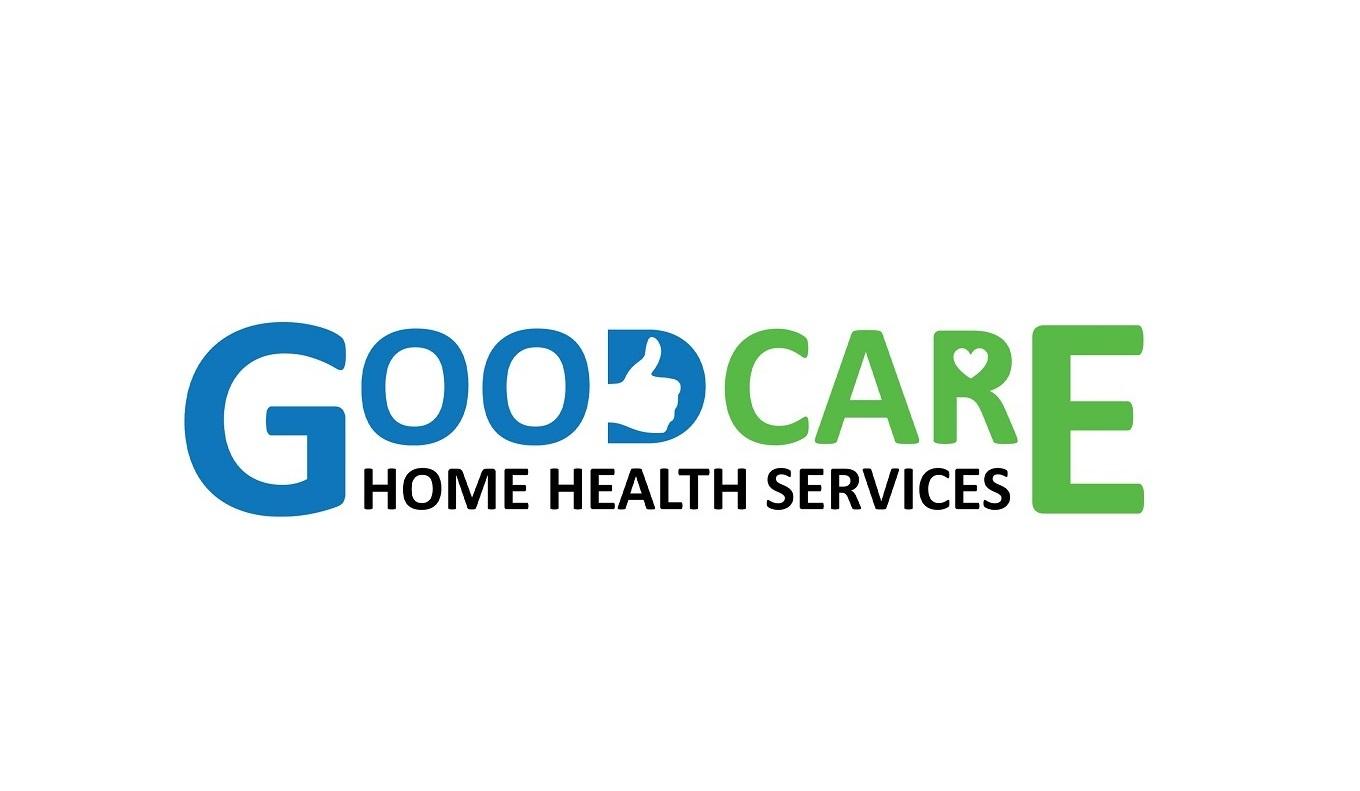In the realm of caregiving, where compassion meets practical assistance, individuals often find themselves drawn to roles that allow them to make a tangible difference in the lives of those in need. For caregivers in New York State (NYS), the transition from the Consumer Directed Personal Assistance Program (CDPAP) to becoming a certified Personal Care Assistant (PCA) presents a promising pathway for career growth and expanded opportunities. This article aims to provide a comprehensive exploration of the alternative competency demonstration pathway available to experienced CDPAP Personal Assistants (PAs) seeking PCA certification, shedding light on the process, requirements, and nuanced considerations, including exclusions such as familial relations and residency constraints.
Understanding the Alternative Competency Demonstration Pathway:
At its core, the alternative competency demonstration pathway serves as a bridge between practical experience and formal certification, recognizing the invaluable skills and knowledge acquired through hands-on caregiving within the CDPAP framework. This pathway acknowledges the expertise of seasoned caregivers and offers a streamlined route to PCA certification without the need for traditional training programs.
Requirements and Process:
1. Interview: The journey begins with an interview, a pivotal step designed to assess the candidate's depth of understanding, communication abilities, and alignment with the ethical principles underpinning PCA responsibilities. Through this dialogue, candidates showcase their dedication, professionalism, and readiness to embrace the challenges and rewards of PCA certification.
2. Written Test: Building upon the foundation laid by the interview, candidates proceed to the written test phase, an intellectual exercise aimed at evaluating their grasp of essential concepts, protocols, and best practices relevant to PCA duties. Covering a spectrum of topics ranging from infection control to care planning, this examination serves as a benchmark for theoretical proficiency and ensures that candidates are well-equipped to navigate the complexities of caregiving in diverse settings.
3. Skills Performance Demonstration: With theoretical knowledge as their compass, candidates embark on the final leg of their journey: the skills performance demonstration. This practical assessment serves as a litmus test of the candidate's ability to translate theoretical understanding into tangible actions, showcasing their proficiency in executing core PCA tasks with precision, empathy, and utmost regard for patient safety and dignity. From assisting with personal hygiene to facilitating safe transfers and mobility, candidates demonstrate their capacity to deliver compassionate care that transcends mere competence.
Exclusions and Limitations:
Amidst the promise of transition and growth, it's imperative to navigate the contours of eligibility with clarity and foresight. Within the realm of PCA certification in NYS, certain exclusions and limitations merit attention:
1. Family Members: In adherence to regulatory guidelines, payment for personal care services cannot be extended to a patient's immediate family members, including spouses, parents, sons, daughters, sons-in-law, and daughters-in-law. This exclusion, rooted in principles of impartiality and conflict avoidance, underscores the importance of upholding professional boundaries and preserving the integrity of caregiver-patient dynamics.
2. Residency Requirement: Beyond familial considerations, residency constraints emerge as a pivotal determinant in the eligibility landscape. While payment for personal care services may be extended to eligible relatives, residency status—whether within or outside the patient's home—warrants careful scrutiny, with considerations for the nature and intensity of care needs shaping the decision-making process.
Conclusion:
In the dynamic landscape of caregiving, where compassion intersects with competency, the transition from CDPAP to PCA certification heralds a new chapter of growth and fulfillment for experienced caregivers in NYS. By embracing the alternative competency demonstration pathway, individuals embark on a journey of validation and professional advancement, fortified by their dedication to excellence and unwavering commitment to the well-being of those entrusted to their care. Through an understanding of the process, requirements, and nuanced considerations—including exclusions and limitations—caregivers can navigate this transition with confidence, poised to embark on a rewarding trajectory of impact and service.





